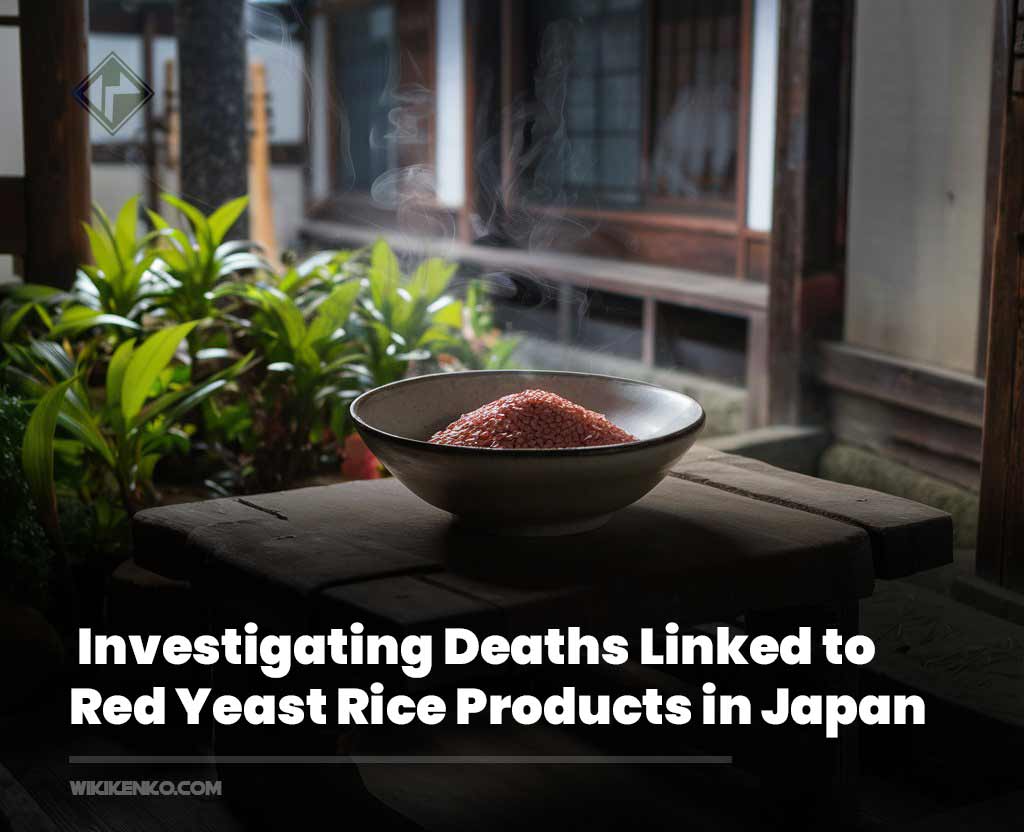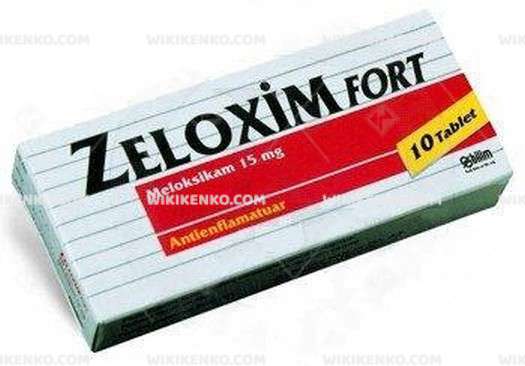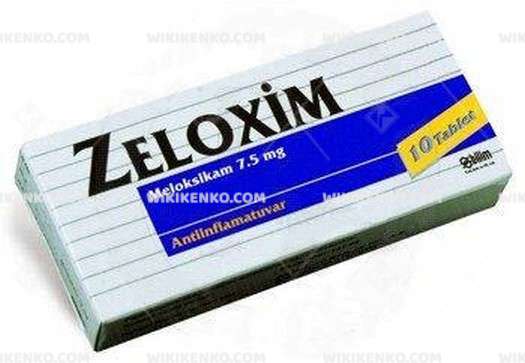The Japanese news agency Kyodo has reported that five deaths and over 150 hospitalizations in Japan are currently being associated with the consumption of red yeast rice products manufactured by the company Kobayashi. The cause is still unclear, but a suspicious substance has been identified.
What is Red Yeast Rice?
Red yeast rice is a fermented rice product that is colored by a red mold. It is used in Asian countries to color foods or taken as a dietary supplement, often for the treatment of gastrointestinal issues or to lower cholesterol levels. During the fermentation process, compounds called monacolins are produced, including monacolin K, which is identical to the well-known statin drug lovastatin.
This means red yeast rice can have a cholesterol-lowering effect, but also the same potential side effects as statins. Years ago, the German Federal Institute for Drugs and Medical Devices (BfArM) warned against red yeast rice dietary supplements in the country, stating that products with a daily dose of 5 mg or more of monacolin K should be classified as drugs.
The Kobayashi Red Yeast Rice Scandal in Japan
A scandal surrounding red yeast rice products from the manufacturer Kobayashi is currently dominating news coverage in Japan. Two of the company’s factories that produced the now-recalled products have been investigated. As of the end of March, five deaths and 157 hospitalizations were reported to be associated with the consumption of these products. Hundreds more people have also exhibited symptoms of illness.
According to a survey by the Japanese Society of Nephrology, at least 50% of those affected had experienced symptoms such as malaise, loss of appetite, urinary abnormalities, and kidney disorders upon their first hospital visit.
The kidney issues initially raised suspicions that the nephrotoxic mold toxin citrinin could be the cause of the illnesses and deaths.
However, this compound was not detected. Instead, Kobayashi stated that puberulic acid, a natural compound from blue mold, was found in the dietary supplement ingredients and could be connected to the health problems. It is unclear whether the tropolone was formed during production or accidentally added. Another open question is whether puberulic acid is truly the trigger, as it is considered highly toxic, but its specific effects on the kidneys are not known. Further investigations are still ongoing.
Since Kobayashi’s products are also distributed worldwide via the internet, it cannot be completely ruled out that the now-recalled red yeast rice supplements may have also made their way to Germany. In a recent warning, the German consumer organization advises: “Be generally vigilant about unwanted effects and interactions with these products, but currently, special caution is advised with red yeast rice dietary supplements.”
Conclusion
The investigation into the deaths and illnesses linked to Kobayashi’s red yeast rice products in Japan is ongoing, with the focus on the potential role of puberulic acid. While the exact cause remains unclear, this incident serves as a reminder of the potential risks associated with dietary supplements, even those derived from natural sources. Consumers should exercise caution and consult healthcare professionals before using such products.









